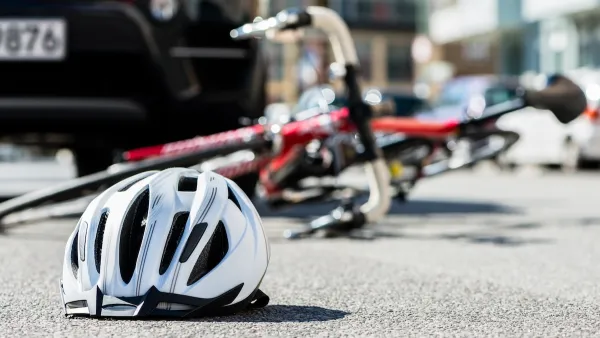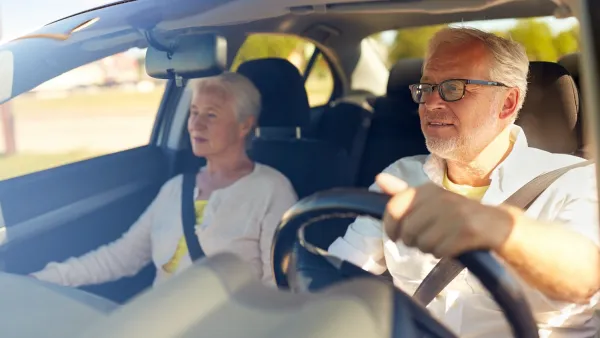Samoa is readying itself for a countrywide transition that is shaking up the island country's roughly 200,000 people. Beginning September 7th, Samoans will be required to drive on the left side of the road.
The move is said to be the first major lane-direction switch in any country in more than 30 years, and locals are fuming. Huge protests have broken out over a plan that many say will hurt the tiny country more than it will help.
"The prime minister who hatched Samoa's scheme, Tuilaepa Sailele Malielegaoi, refuses to do a U-turn. Road-switch opponents are just trying to rattle the government, he says. He has compared a prominent opponent of the switch to a local "avaava" fish -- a sea creature that swims in shallow waters and eats garbage, an insult in Samoan culture.
The main reason for Samoa's switch is that two of its biggest neighbors, Australia and New Zealand, drive on the left-hand side, whereas Samoa currently drives on the right, as in the U.S. By aligning with Australia and New Zealand, the prime minister says, it will be easier for poor Samoans to get cheap hand-me-down cars from the 170,000 or so Samoans who live in those two countries. It could also help more people escape tsunamis, says Mr. Tuilaepa."
Thanks to Ishmael Sanchez
FULL STORY: Shifting the Right of Way to the Left Leaves Some Samoans Feeling Wronged

Maui's Vacation Rental Debate Turns Ugly
Verbal attacks, misinformation campaigns and fistfights plague a high-stakes debate to convert thousands of vacation rentals into long-term housing.

Planetizen Federal Action Tracker
A weekly monitor of how Trump’s orders and actions are impacting planners and planning in America.

In Urban Planning, AI Prompting Could be the New Design Thinking
Creativity has long been key to great urban design. What if we see AI as our new creative partner?

King County Supportive Housing Program Offers Hope for Unhoused Residents
The county is taking a ‘Housing First’ approach that prioritizes getting people into housing, then offering wraparound supportive services.

Researchers Use AI to Get Clearer Picture of US Housing
Analysts are using artificial intelligence to supercharge their research by allowing them to comb through data faster. Though these AI tools can be error prone, they save time and housing researchers are optimistic about the future.

Making Shared Micromobility More Inclusive
Cities and shared mobility system operators can do more to include people with disabilities in planning and operations, per a new report.
Urban Design for Planners 1: Software Tools
This six-course series explores essential urban design concepts using open source software and equips planners with the tools they need to participate fully in the urban design process.
Planning for Universal Design
Learn the tools for implementing Universal Design in planning regulations.
planning NEXT
Appalachian Highlands Housing Partners
Mpact (founded as Rail~Volution)
City of Camden Redevelopment Agency
City of Astoria
City of Portland
City of Laramie





























